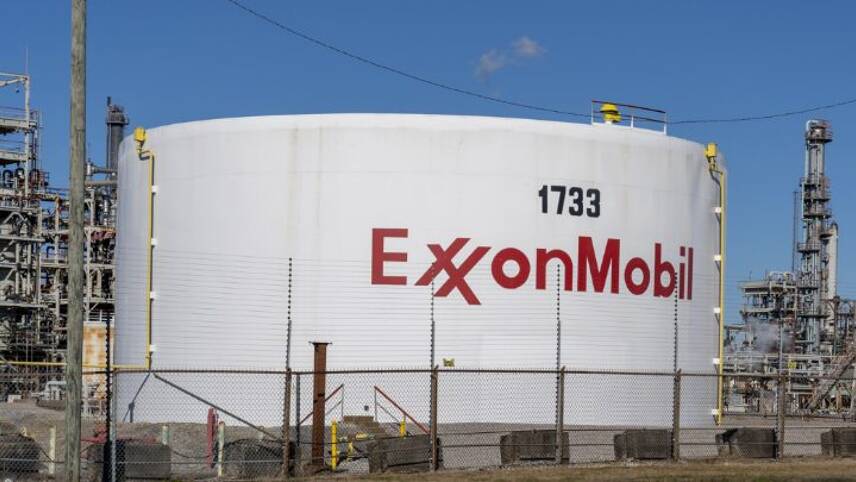Register for free and continue reading
Join our growing army of changemakers and get unlimited access to our premium content

ExxonMobil's 2050 net-zero strategy excludes Scope 3 emissions from the combustion of oil and gas.
Arjuna Capital, an impact investment fund, submitted the resolution in December 2023 with support from Dutch investor activist group Follow This.
ExxonMobil aims to achieve net-zero Scope 1 and 2 greenhouse gas emissions by 2050, excluding Scope 3 emissions from the combustion of oil and gas.
The company is seeking a declaratory judgment to exclude the shareholder proposal from its proxy statement under the Securities Exchange Act of 1934. This would prevent the proposal from being voted on during the company’s shareholder meeting on 29 May.
Exxon’s complaint argues that the resolution would interfere with day-to-day operations, a power reserved for the board of directors under ordinary business grounds.
The complaint also alleges the resolution is substantially similar to proposals submitted in 2022 and 2023, invoking the resubmission ground.
The complaint has been filed in the US District Court for the Northern District of Texas.
However, in November 2021, the US Securities Exchange Commission (SEC) altered rules on excluding shareholder proposals through Staff Legal Bulletin No. 14L (SBL 14L).
According to SBL 14L, proposals cannot be excluded if they raise issues of societal impact transcending the company’s ordinary business. Exclusion is also denied if a proposal suggests targets or timelines, leaving it to management to determine how to achieve goals.
Additionally, before the introduction of SBL 14L, a proposal could be excluded if it tackled the “substantially same subject matter” as a previous proposal that didn’t meet the necessary voting threshold. SBL 14L’s revisions elevated this criterion to “substantially duplicates,” presenting a stricter standard.
Nevertheless, Exxon’s legal action adds a new dimension to the ongoing debate over shareholder influence on corporate environmental policies.
Navigating through controversial waters
In 2020, Exxon outlined a new set of emissions targets through to 2025 that were immediately slammed by investors and green groups.
The apprehensions arose due to the absence of comprehensive targets covering all emission scopes.
This omission implied that while Exxon could potentially produce fuels with reduced emissions intensity, it had the flexibility to increase overall production, leading to a simultaneous growth in its absolute emissions footprint.
In September of last year, ExxonMobil faced a £5,000 fine for failing to adhere to the Taskforce for Climate-related Financial Disclosures’ (TCFD) framework. The UK has mandated TCFD compliance for all relevant companies, necessitating the disclosure of their climate-related impacts and risks in line with the framework.
ExxonMobil Pension Plan told the UK pension regulator, TPR, that it had produced a TCFD-aligned report by the required deadline – but that it did not go live on its website due to an administrative error.
The report was uploaded within a week of TPR contacting the Plan’s trustees. The issued fine was also paid.


Please login or Register to leave a comment.